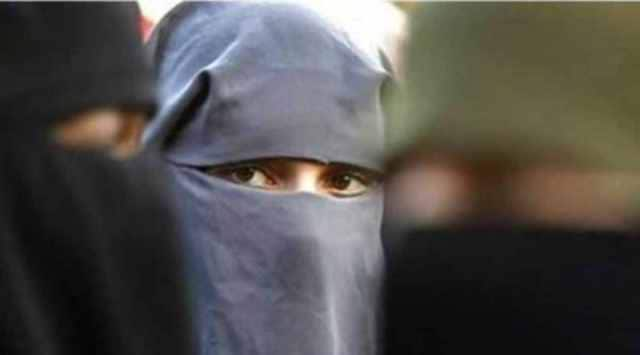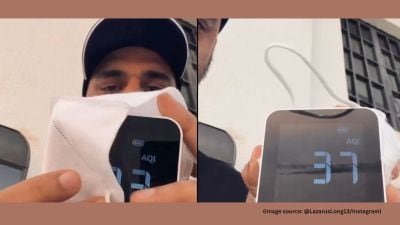Talaq-e-hasan practice not so improper, says Supreme Court
A bench presided by Justice S K Kaul also asked the woman petitioner, who said her husband gave her “unilateral extra-judicial talaq” through a lawyer when her father refused to give more dowry, whether she is willing to explore the option of divorce by mutual consent if the question of 'meher’ is taken care of.
 It also told the petitioner that dissolution of marriage is also possible without the intervention of this court through 'mubarat' and asked her counsel to seek instructions. (file)
It also told the petitioner that dissolution of marriage is also possible without the intervention of this court through 'mubarat' and asked her counsel to seek instructions. (file)The Supreme Court on Tuesday said it was of the prima facie view that the practice of talaq-e-hasan followed by Muslim men for divorce by saying ‘talaq’ to the wife once a month for three months, is “not so improper”.
A bench presided by Justice S K Kaul also asked the woman petitioner, who said her husband gave her “unilateral extra-judicial talaq” through a lawyer when her father refused to give more dowry, whether she is willing to explore the option of divorce by mutual consent if the question of ‘meher’ is taken care of.
“We have also put to learned senior counsel whether in view of the allegation of respondent of irretrievable breakdown of marriage, would the petitioner be willing for a settlement by process of divorce by mutual consent on amounts being paid over and above the meher fixed. In fact, we have brought to their notice that dissolution of marriage is also possible without the intervention of the court through ‘mubarat’,” the bench also comprising Justice M M Sundresh said in its order.
Senior Advocate Pinky Anand, appearing for the petitioner, said she will take instructions following which the court adjourned the matter to August 29.
The petition by Benazeer Heena, a journalist, said she was married as per Islamic rituals on December 25, 2020, and a male child born out of the wedlock. Heena alleged that she was tortured by her husband and his family members over dowry, forcing her to return to her parents in December 2021. She added that though she filed a complaint with the Delhi Commission for Women and also lodged an FIR on April 5, 2022, police said that talaq-e-hasan “is permitted under the Shariah” law.
Heena contended that all extra-judicial forms of talaq, including talaq-e-hasan are “arbitrary and irrational and contrary to Articles 14, 15, 21, 25 (of the Constitution) and international conventions on civil human rights”. She said that the practice “is neither harmonious with the modern principles of human rights, nor an integral part of Islamic faith. Many Islamic nations have restricted such practices, while it continues to vex the Indian society in general and Muslim women “like her in particular”. The petitioner urged the court to declare it void and unconstitutional. The plea also sought a direction to the Centre to frame guidelines for “gender neutral, religion neutral, uniform grounds of divorce and uniform procedure of divorce” for all.
The bench quizzed the petitioner whether she had disclosed the fact that she had also approached the Delhi High Court. Justice Kaul pointed out that the petitioner had sought deferment of proceedings before the HC and got it listed on October 7 stating that something was pending before the Supreme Court. Advocate Ashwini Upadhyay, who also appeared for the petitioner, said they had approached the SC in April.
Justice Kaul then remarked that this is not triple talaq and that “prima facie, this (talaq-e-hasan) is not so improper”. The bench said if two people cannot live together, the court grants divorce on the ground of irretrievable breakdown of marriage, and asked whether the petitioner is open to divorce by mutual consent if ‘meher’ is taken care of.
- 01
- 02
- 03
- 04
- 05































